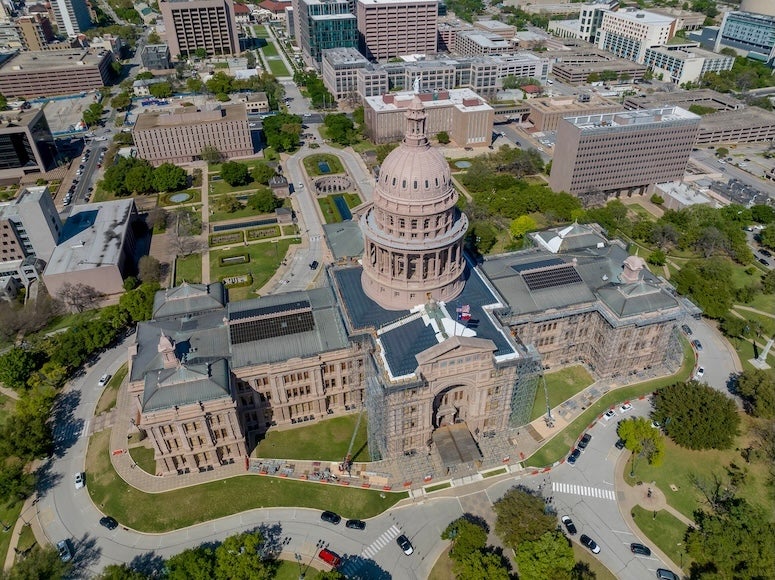
As Texas lawmakers deliberate key policy proposals in the 89th legislative session, a new survey from Rice University’s Kinder Institute for Urban Research sheds light on the preferences of Houston-area residents on school choice, education funding, firearm regulations, water infrastructure and artificial intelligence (AI).
Among the key findings, 46% of Houston-area residents oppose school vouchers toward tuition at private schools, while 41% support them and 13% had no opinion. However, a strong majority — about 70% — expressed support for education savings accounts, a flexible school funding option that could be used toward tuition, tutoring, therapies for students with special needs and instructional materials.
If either policy were enacted, a majority of residents (53%) favored providing more than $10,000 per student and agreed that private schools accepting public funds should be required to meet public school accountability standards, including curriculum guidelines (72% in favor) and standardized testing (70%).
“Vouchers are not as popular in the Houston area as education savings accounts, but if either becomes law, a supermajority of residents are pretty clear about wanting some measure of accountability for private schools that accept public funds,” said Dan Potter, director of the Houston Population Research Center.
Two bills under consideration, Texas Senate Bill 2 and Texas House Bill 3, propose an education savings account program.
The survey also identified widespread support for several other policy measures:
-
Increasing public school teacher pay (91% supported)
-
Raising the legal age to purchase a firearm from 18 to 21 (81%)
-
Allocating more state funds for Texas’ water infrastructure (79%)
-
Regulating AI to prevent discrimination (60%)
In addition, the economy emerged as the top overall concern among Houston-area residents with nearly 50% naming it as their highest priority for state action.
The survey reached over 9,800 residents across Fort Bend, Harris and Montgomery counties in January and February as part of the institute’s Greater Houston Community Panel — the most comprehensive measure of public opinion, experiences and circumstances in the region. The data have been weighted to reflect the area’s demographic composition, ensuring a representative snapshot of Houston-area attitudes toward state policy. Survey results are being shared with legislative offices across the greater Houston area to provide lawmakers with localized insights into their constituents’ priorities.
“The survey sample represents a three-county area that is home to 1 in 5 Texans. By capturing the preferences among residents in three of the state’s largest counties, local lawmakers and community leaders can know where their constituents stand on the issues,” Potter said. “With education, the economy and infrastructure emerging as key concerns, the study offers valuable guidance on how Texans hope to see state resources allocated.”
The full research brief, “89th Texas Legislative Session: Priorities and Policy Views,” co-authored by Potter and research analyst Aiganym Valikhanova, is available on the Kinder Institute website.
For more information or to request an interview with the study’s authors, please contact Kat Cosley Trigg, media relations specialist at Rice, at 713-348-6781 or kat.cosley.trigg@rice.edu

